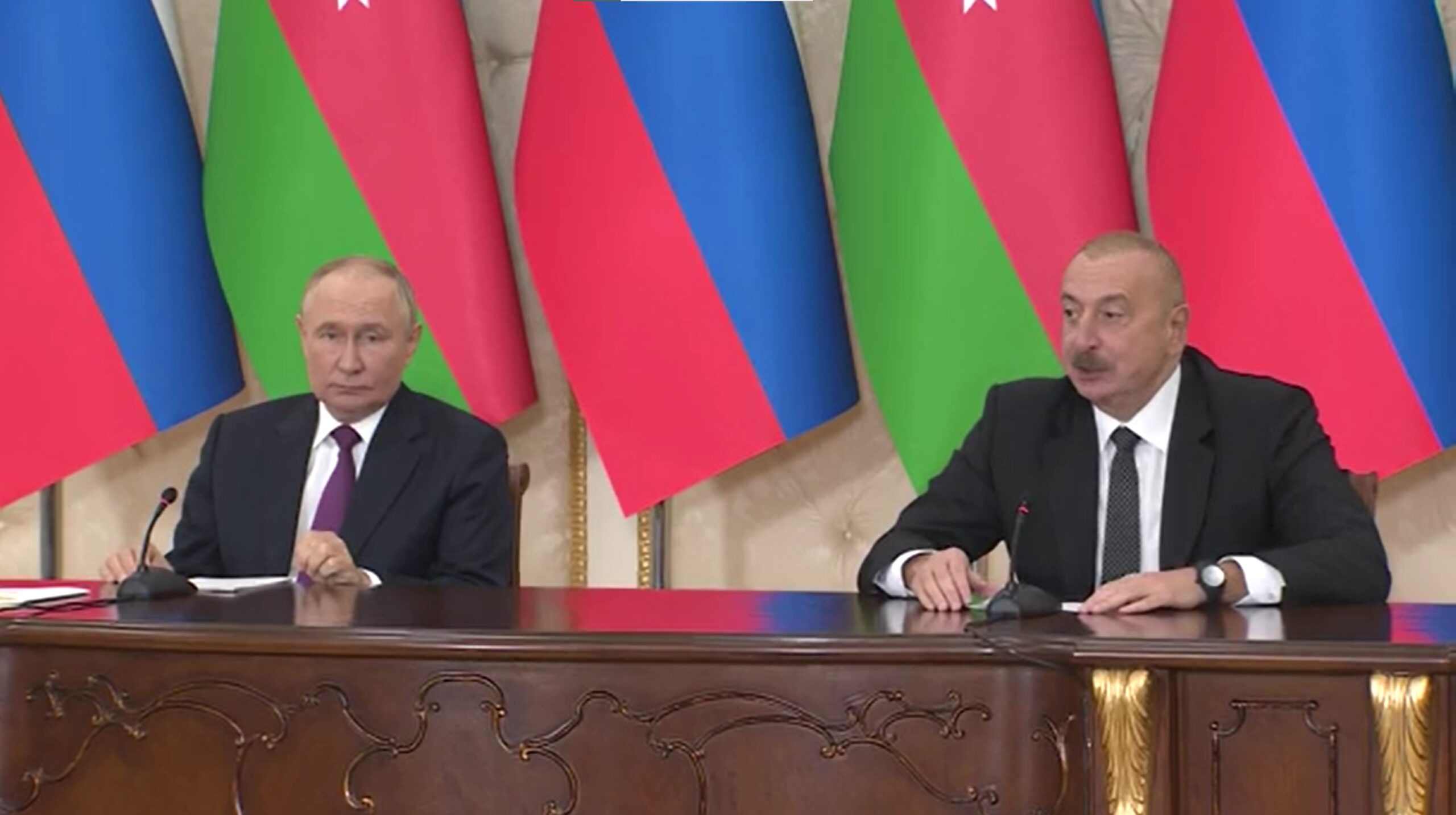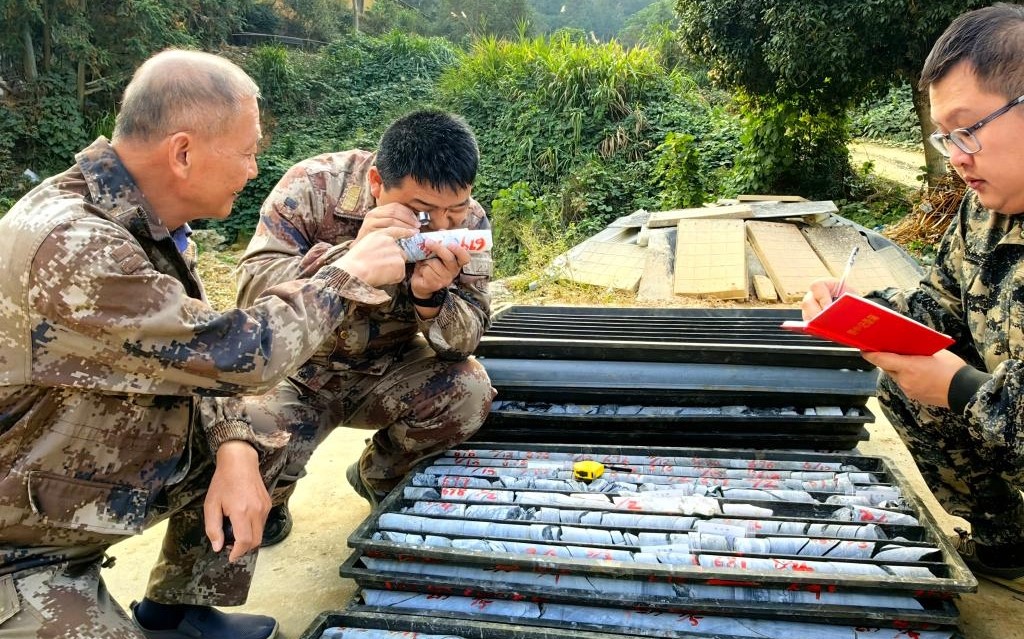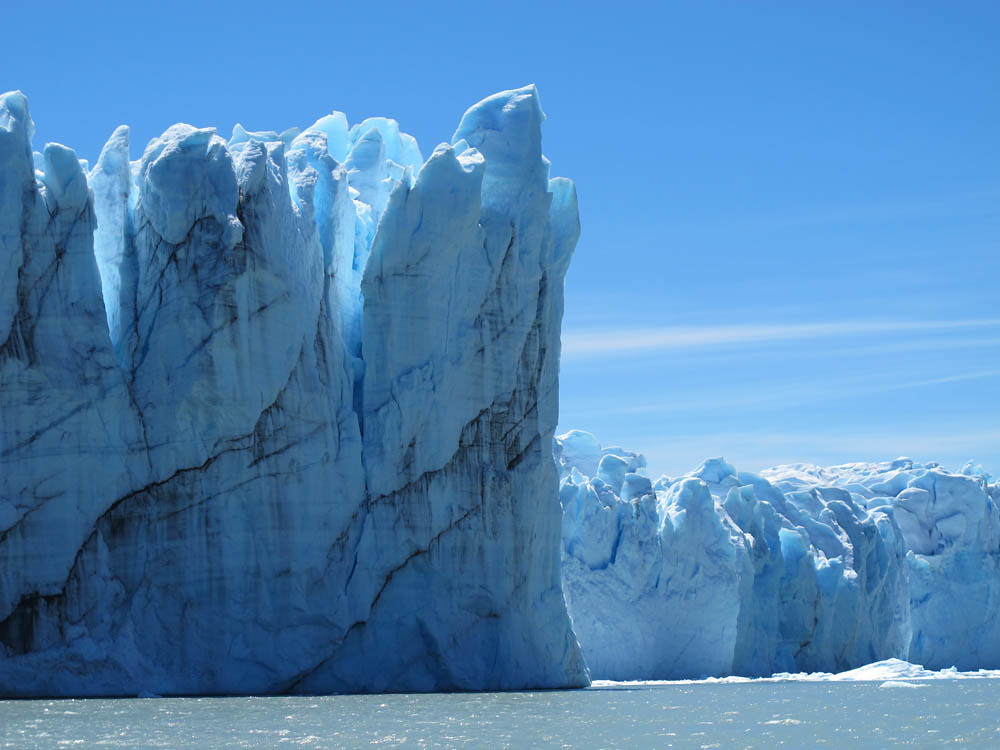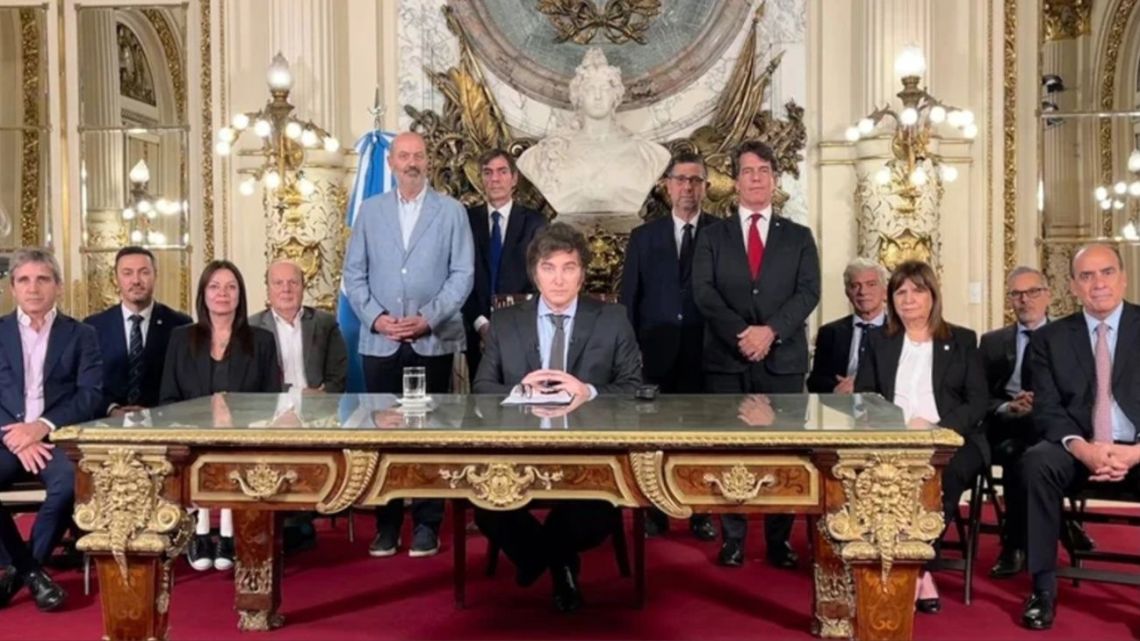To mark the occasion of the visit of President Vladimir Putin to Baku, Azerbaijani officials announced they had launched a formal bid to the current chairholder of BRICS to join the trading bloc.
BRICS is invitation only, and after years of consisting of the four founding nations plus South Africa, formal invitations were issued at the annual BRICS summit in Johannesburg to Egypt, UAE, Ethiopia, and Iran, as well as Argentina, which eventually declined under the new president Javier Milei.
The exact purpose and function of BRICS depends on when one is reporting on it. At times it styles itself as an alternative development organization to groups like the World Bank or IMF, at others, it sees itself as an alternative to the G7, and at still other times seems to ultimately be aimed at creating parallel globalized markets in which America has no control.
Indeed the rhetoric out of BRICS members is often pointed directly at the heart of the US economic stranglehold of the world economy, which it maintains thanks to the dominance of the dollar in global trade, and the proliferation of sanctions issued by the US Treasury Department, placed as they are, to one degree or another, on one-third of all nation-states.
Europe sought to ween itself off Russian natural gas following the latter’s invasion of Ukraine, and they turned to Azerbaijan as a new main source.
“Today, with this new Memorandum of Understanding, we are opening a new chapter in our energy cooperation with Azerbaijan, a key partner in our efforts to move away from Russian fossil fuels,” Commission President Ursula von der Leyen said in July, 2022—a year when exports were estimated to total 11 billion cubic meters.
By 2027, the EU envisions that climbing to 20 billion cubic meters, although that goal is still far away. As this piece from the Baku Research Institute from the same year pointed out, existing pipeline infrastructure is all but maximized towards delivery for the EU at potentially 14 billion cubic meters. In 2023, natural gas deliveries totaled just 11.8 bcm.
The piece tallied up what the EU was managing to produce itself, against what it lost from cutting off imports from Russia, and determined that there was a 155 bcm shortfall that Azerbaijan simply cannot replace.
If Azerbaijan were to enter BRICS, it would be interesting to see how the EU/NATO/D.C. bloc might view relations with them moving forward. The West maintains positive military and trade relations with BRICS members Egypt, India, South Africa, and UAE, even though the stated purpose of BRICS is to move human society away from US hegemony and toward a “multi-polar” world.
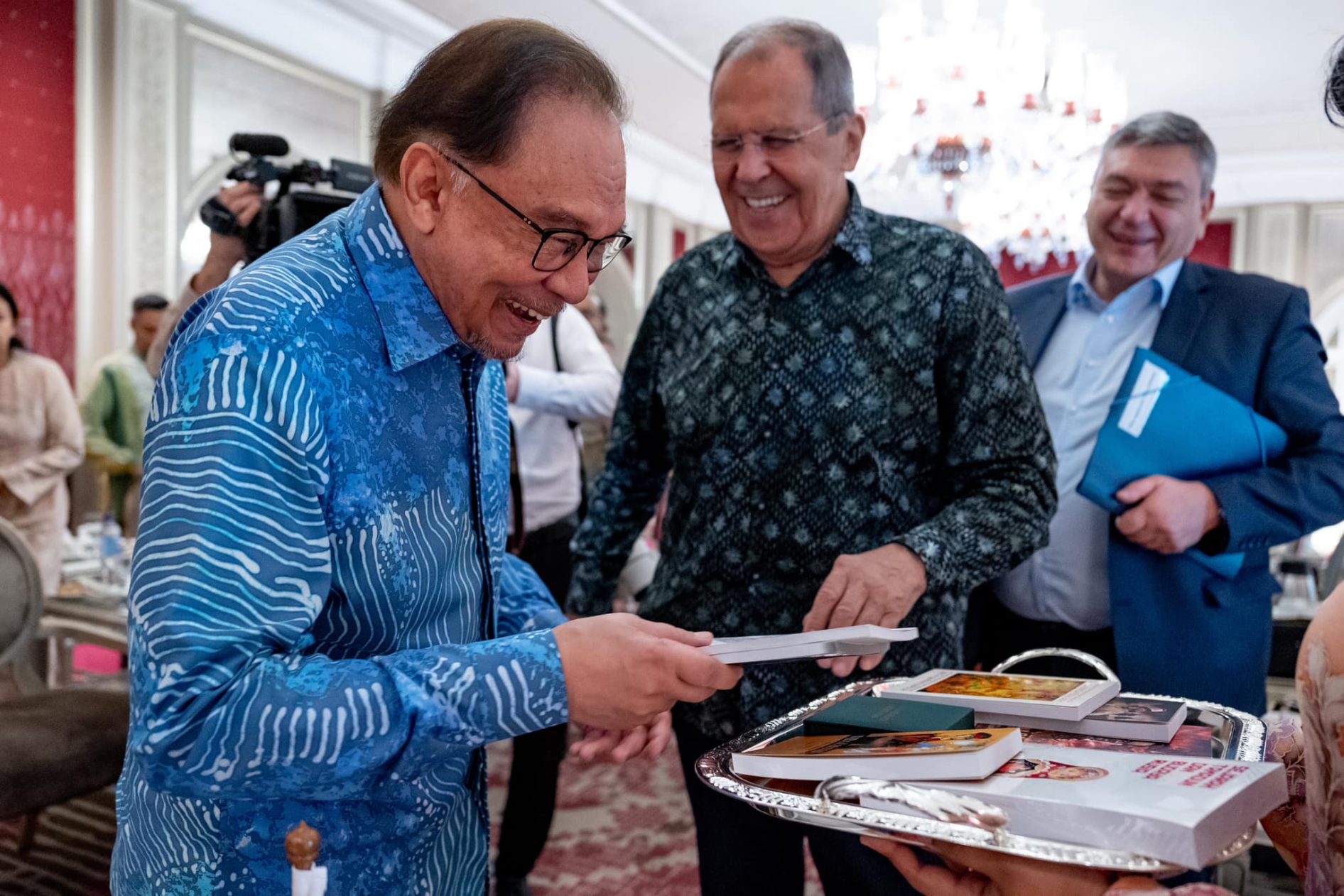
Kuala Lumpur
On a Monday in late June, Malaysian Prime Minister Anwar Ibrahim announced he had submitted an application to Moscow for a formal invitation into BRICS.
In a statement, Anwar’s office stated that the issue of possible BRICS membership was among the main topics of discussion during the Malaysian leader’s talks with visiting Russian Foreign Minister Sergey Lavrov, who made a two-day visit to the country that ended on Saturday.
“Malaysia has sent a letter of application to join the (BRICS) organization to Russia as the BRICS chairman, besides expressing openness to participate as a member country or strategic partner,” he said in the statement, the state news agency Bernama reported. Russia later confirmed Malaysia’s interest in joining BRICS, and said that it would “actively support” its closer relations with the grouping.
In a Facebook post the day before Lavrov’s arrival, Ibrahim said that “potential membership holds substantial promise for both nations and underscores our commitment to fostering robust international collaboration”.
Southeast Asia editor for The Diplomat Sebastian Strangio, wrote at the time that Kuala Lumpur saw itself as having already benefitted from several trade partnerships that balanced its international relations, with feet in the D.C.-dominated world and another firmly in a non-aligned/rest-of-world type economic order.
BRICS membership would be another commendation in a long career of maintaining warm relations with all major blocs and forces in the world, apart from perhaps the Israel lobby, and give several markets like rubber, palm oil, and cheap electronics where Malaysia has a competitive advantage, a significant boost if allowed greater access to BRICS markets. WaL
We Humbly Ask For Your Support—Follow the link here to see all the ways, monetary and non-monetary.
PICTURED ABOVE: Azerbaijani President Ilham Aliyev and Vladimir Putin address the media in Baku. PC: Kremlin.ru
